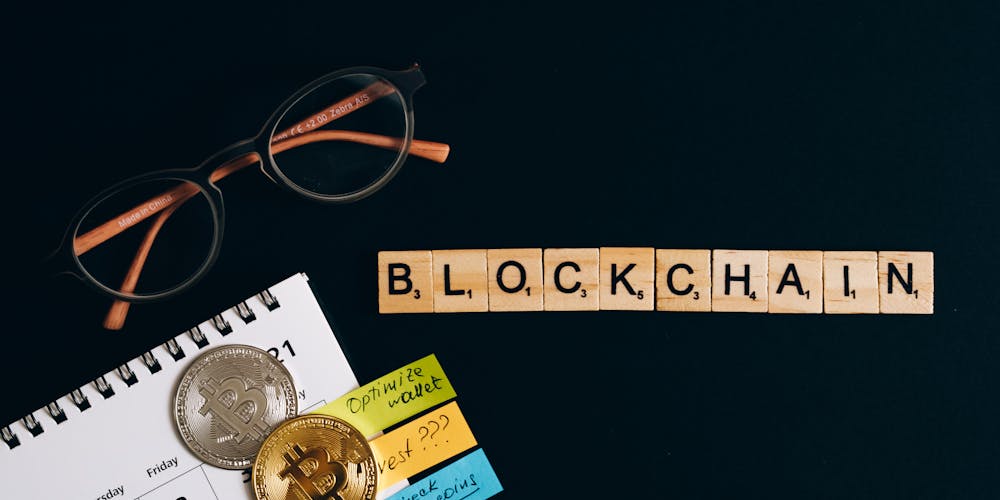Blockchain technology has fundamentally transformed how we perceive digital trust and transactions. Its potential is undeniable, but as more users and applications join the blockchain networks, they face significant scalability and security challenges. Blockchain rollups emerge as a potent solution to address these issues. Rollups are innovative protocols that can process transactions outside of the main blockchain (off-chain) and then record them on-chain in a compressed form. This two-pronged strategy enhances the throughput of blockchain networks, significantly reducing congestion and cost, while fortifying security. To understand how rollups achieve this, let’s delve into their step-by-step working process.
Off-Chain Processing
Initially, a rollup smart contract takes charge of managing transactions off the main blockchain. By handling transactions off-chain, the process becomes significantly faster and more efficient. This method is akin to creating dedicated lanes for high-speed traffic, allowing for swift movement without affecting the main thoroughfare. The rollup operates like a parallel processing unit, accommodating the increasing load of transactions that a blockchain network encounters as it grows.
This off-chain processing is vital for scalability. It liberates the network from the massive volume of transaction data that would traditionally clog the system. By retaining only essential information on-chain, rollups lessen the burden on the network’s resources, thereby expediting the transaction verification process and making it possible for the system to handle an increased number of transactions simultaneously.
Grouping of Transactions
In this phase, the rollup smart contract aggregates multiple transactions into a single package. This package, or batch, is the distilled essence of numerous individual transactions that the network would otherwise have to handle separately. By bundling transactions, the data that eventually needs to be sent to the main blockchain is significantly reduced.
This grouped data constitutes a compressed version of the transactions’ collective result, which means that the main blockchain will only have to store and process a fraction of the information. This compression is a crucial component for enhancing transaction throughput. It’s an efficient use of the blockchain’s data storage and processing capabilities, ensuring that space is used optimally, and that each transaction consumes fewer resources.
Validation and Compaction (Specific to ZK-rollups)
For ZK-rollups, a special mechanism called zero-knowledge proofs is employed to further streamline the transaction data. These cryptographic proofs enable the rollup to provide robust evidence that transactions have been executed correctly, without having to reveal the actual transaction data. This evidence is generated off-chain and then attached to the main blockchain.
This step is essential not only for enhancing scalability but also for boosting security. Zero-knowledge proofs ensure that while the transaction data is kept succinct, its integrity and verification remain uncompromised. It’s a technique that encapsulates both the necessity of maintaining privacy and the requirement of establishing trust in the public ledger.
Transfer to the Primary Blockchain
Once transactions have been processed and compiled into a batch, or once a concise zero-knowledge proof has been created, the rollup smart contract brings this information back to the main blockchain. Here, the aim is to have the benefits of off-chain efficiency while maintaining the security and immutability offered by the on-chain environment.
This transfer underscores the dual nature of rollups: they are not standalone solutions but rather enhancements that leverage the strengths of the main blockchain. By offloading much of the data processing workload, the batch or proof can be integrated into the blockchain without causing bottlenecks, thereby preserving seamless network functionality.
Authentication and Finalization
The final stage involves the verification of the rollup data or proof on the main blockchain. Validators or miners verify the proof — confirming that the transactions have been accurately processed off-chain — and then finalize it on the blockchain. This stage retains the decentralized verification process that is fundamental to blockchain’s security, thereby ensuring that while the system scales effectively, it does not compromise on its foundational principle of trust.
Blockchain rollups, therefore, by offloading transaction processing and compressing data before committing it to the main blockchain, present a powerful method for scaling blockchain networks both in terms of transaction throughput and efficiency. By handling more transactions at greater speeds and with lower costs, while not forsaking the security measures inherent to blockchain technology, rollups represent a significant leap forward in our continued venture into the age of decentralized digital transactions.

